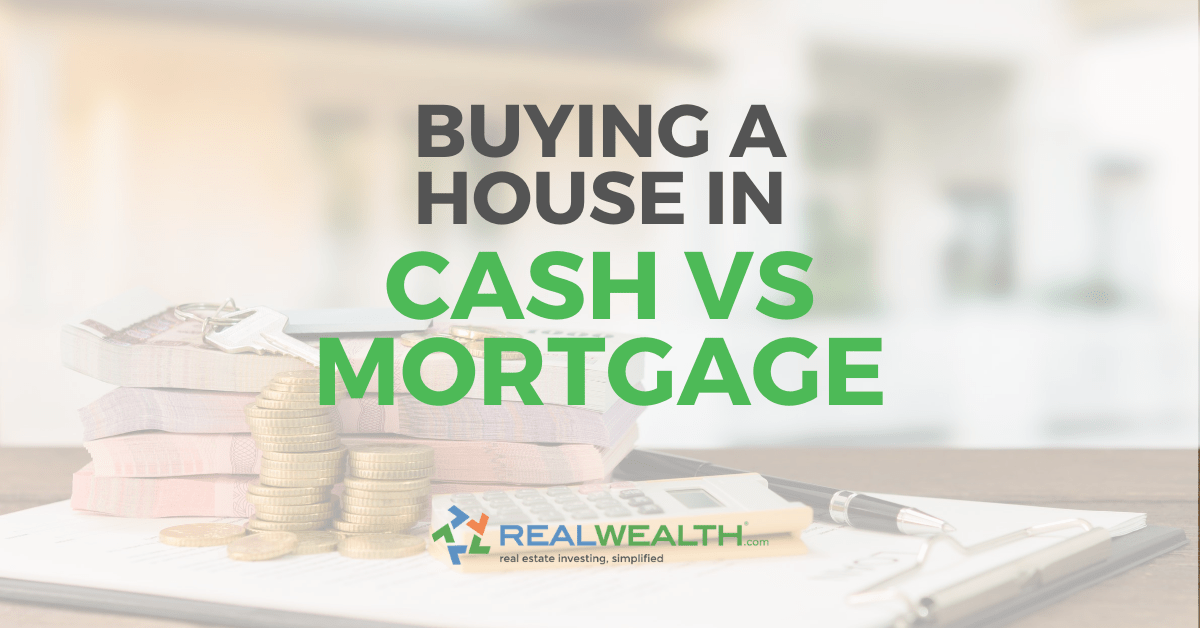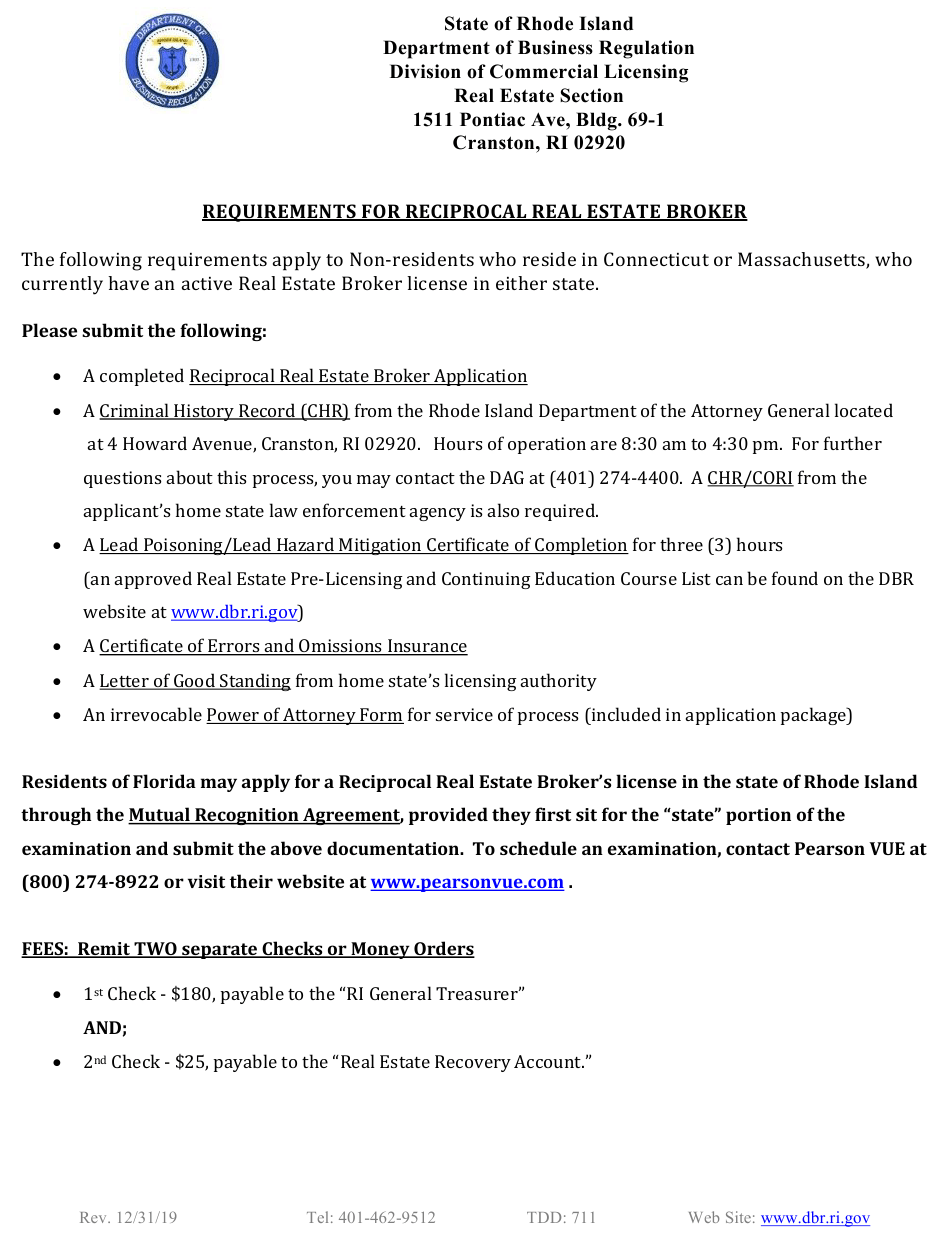
These tips will help you maximize your return on real estate investments. Read on to learn more about the types of properties you can invest in. We will also be discussing the importance and benefits of location, asset preservation, and refinancing current properties. Take advantage of these tips for maximum investment success. This article will help you if your first investment or if multiple properties are in your future.
Investment properties
What makes real estate investment properties appealing for investors? The answer will depend on your personal goals and the market where you live. It also depends on how you invest. There is no one right answer to these questions, and weighing the pros and cons of different investment options is essential. Also important is the area. Investors looking to invest in vacant land may be more interested than those who are in mature markets. However, residential property investors might be more interested.

Asset protection
If you're serious about investing in real estate, there are a few different strategies you can use to protect your assets. Many real estate investors opt for landlord insurance and low-interest debt. But, if you're serious about investing in real estate, an LLC or trust could be a good option to increase your asset security. Be sure to take into account how much equity has been built up on your properties. Your goals, your investments and your risk tolerance will ultimately determine the best strategy.
Localization
Location is everything in real estate investing, and the location you buy your property in will greatly impact your return on investment. Although less lucrative properties may be more profitable than expensive ones, it's still important to evaluate the surrounding area. Some neighborhoods are booming, and others may not be the best investments. Consider the area's affordability and job market to determine whether it is the right investment for you. Final, ensure that you have thoroughly checked the property before making your final decision.
Refinance existing properties
Refinancing existing properties for real-estate investors allows you to take advantage of lower interest rates and lowered monthly payments to maximize your investment. You can use the equity in your property to improve it, or to finance other investment properties by refinancing. Investors may find a refinance a great option. But it requires several steps. Here's how you can get started.

Manage your own portfolio
When it comes to starting your own real estate portfolio, you have many decisions to make. Your goals and your risk tolerance will determine the appropriate asset allocation. Higher returns mean you will have to take more risks. Investors seeking predictable and stable incomes will be happier investing in safer options. A greater tolerance of risk results in a more aggressive real-estate portfolio. But how do you know which investments are best?
FAQ
What are the 3 most important considerations when buying a property?
Location, price and size are the three most important aspects to consider when purchasing any type of home. Location refers the area you desire to live. The price refers to the amount you are willing to pay for the property. Size is the amount of space you require.
How can I repair my roof?
Roofs can burst due to weather, age, wear and neglect. For minor repairs and replacements, roofing contractors are available. For more information, please contact us.
What should you consider when investing in real estate?
The first thing to do is ensure you have enough money to invest in real estate. If you don’t have the money to invest in real estate, you can borrow money from a bank. Also, you need to make sure you don't get into debt. If you default on the loan, you won't be able to repay it.
You must also be clear about how much you have to spend on your investment property each monthly. This amount should cover all costs associated with the property, such as mortgage payments and insurance.
It is important to ensure safety in the area you are looking at purchasing an investment property. It would be best if you lived elsewhere while looking at properties.
Statistics
- The FHA sets its desirable debt-to-income ratio at 43%. (fortunebuilders.com)
- This seems to be a more popular trend as the U.S. Census Bureau reports the homeownership rate was around 65% last year. (fortunebuilders.com)
- This means that all of your housing-related expenses each month do not exceed 43% of your monthly income. (fortunebuilders.com)
- Some experts hypothesize that rates will hit five percent by the second half of 2018, but there has been no official confirmation one way or the other. (fortunebuilders.com)
- 10 years ago, homeownership was nearly 70%. (fortunebuilders.com)
External Links
How To
How to Manage A Rental Property
It can be a great way for you to make extra income, but there are many things to consider before you rent your house. We'll show you what to consider when deciding whether to rent your home and give you tips on managing a rental property.
Here are the basics to help you start thinking about renting out a home.
-
What factors should I first consider? Before you decide if you want to rent out your house, take a look at your finances. If you have any debts such as credit card or mortgage bills, you might not be able pay for someone to live in the home while you are away. You should also check your budget - if you don't have enough money to cover your monthly expenses (rent, utilities, insurance, etc. It may not be worth it.
-
How much will it cost to rent my house? There are many factors that influence the price you might charge for renting out your home. These include factors such as location, size, condition, and season. It's important to remember that prices vary depending on where you live, so don't expect to get the same rate everywhere. Rightmove shows that the median market price for renting one-bedroom flats in London is approximately PS1,400 per months. This would translate into a total of PS2,800 per calendar year if you rented your entire home. It's not bad but if your property is only let out part-time, it could be significantly lower.
-
Is it worth the risk? Although there are always risks involved in doing something new, if you can make extra money, why not? It is important to understand your rights and responsibilities before signing anything. Renting your home won't just mean spending more time away from your family; you'll also need to keep up with maintenance costs, pay for repairs and keep the place clean. Before signing up, be sure to carefully consider these factors.
-
What are the benefits? There are benefits to renting your home. There are many reasons to rent your home. You can use it to pay off debt, buy a holiday, save for a rainy-day, or simply to have a break. It is more relaxing than working every hour of the day. If you plan well, renting could become a full-time occupation.
-
How do I find tenants Once you decide that you want to rent out your property, it is important to properly market it. You can start by listing your property online on websites such as Rightmove and Zoopla. Once potential tenants reach out to you, schedule an interview. This will help to assess their suitability for your home and confirm that they are financially stable.
-
What can I do to make sure my home is protected? If you fear that your home will be left empty, you need to ensure your home is protected against theft, damage, or fire. Your landlord will require you to insure your house. You can also do this directly with an insurance company. Your landlord may require that you add them to your additional insured. This will cover any damage to your home while you are not there. However, this doesn't apply if you're living abroad or if your landlord isn't registered with UK insurers. In such cases you will need a registration with an international insurance.
-
It's easy to feel that you don't have the time or money to look for tenants. This is especially true if you work from home. However, it is important that you advertise your property in the best way possible. Post ads online and create a professional-looking site. Additionally, you'll need to fill out an application and provide references. While some prefer to do all the work themselves, others hire professionals who can handle most of it. You'll need to be ready to answer questions during interviews.
-
What should I do once I've found my tenant? If you have a lease in place, you'll need to inform your tenant of changes, such as moving dates. If this is not possible, you may negotiate the length of your stay, deposit, as well as other details. It's important to remember that while you may get paid once the tenancy is complete, you still need to pay for things like utilities, so don't forget to factor this into your budget.
-
How do I collect the rent? You will need to verify that your tenant has actually paid the rent when it comes time to collect it. If not, you'll need to remind them of their obligations. After sending them a final statement, you can deduct any outstanding rent payments. If you're having difficulty getting hold of your tenant you can always call police. The police won't ordinarily evict unless there's been breach of contract. If necessary, they may issue a warrant.
-
How do I avoid problems? You can rent your home out for a good income, but you need to ensure that you are safe. You should install smoke alarms and carbon Monoxide detectors. Security cameras are also a good idea. It is important to check that your neighbors allow you leave your property unlocked at nights and that you have sufficient insurance. Do not let strangers in your home, even though they may be moving in next to you.